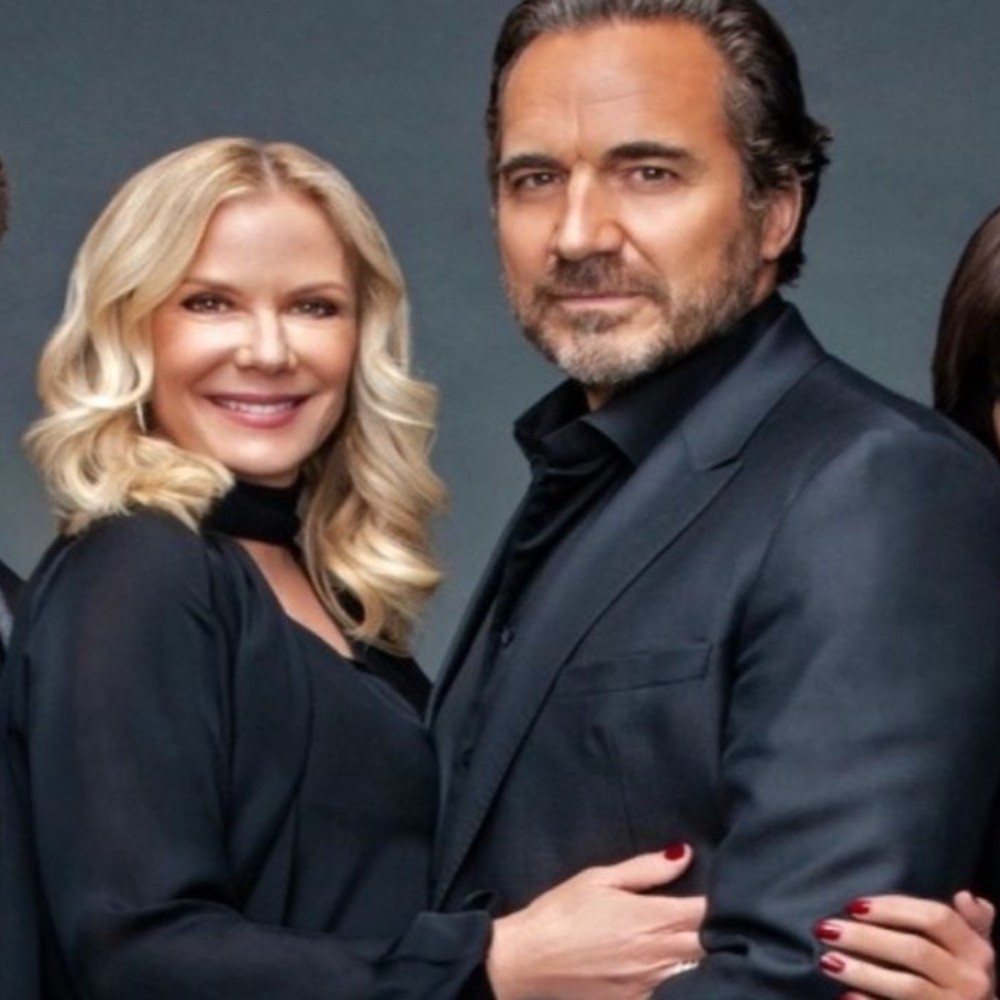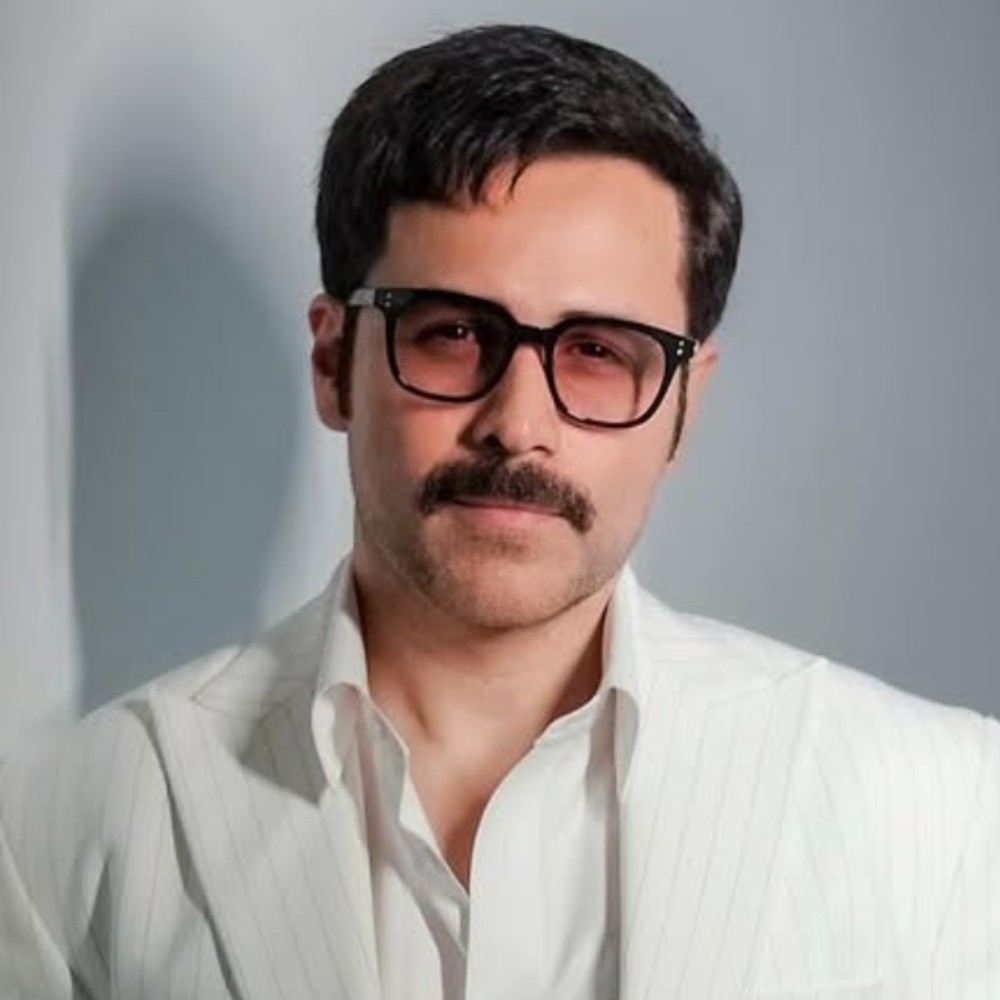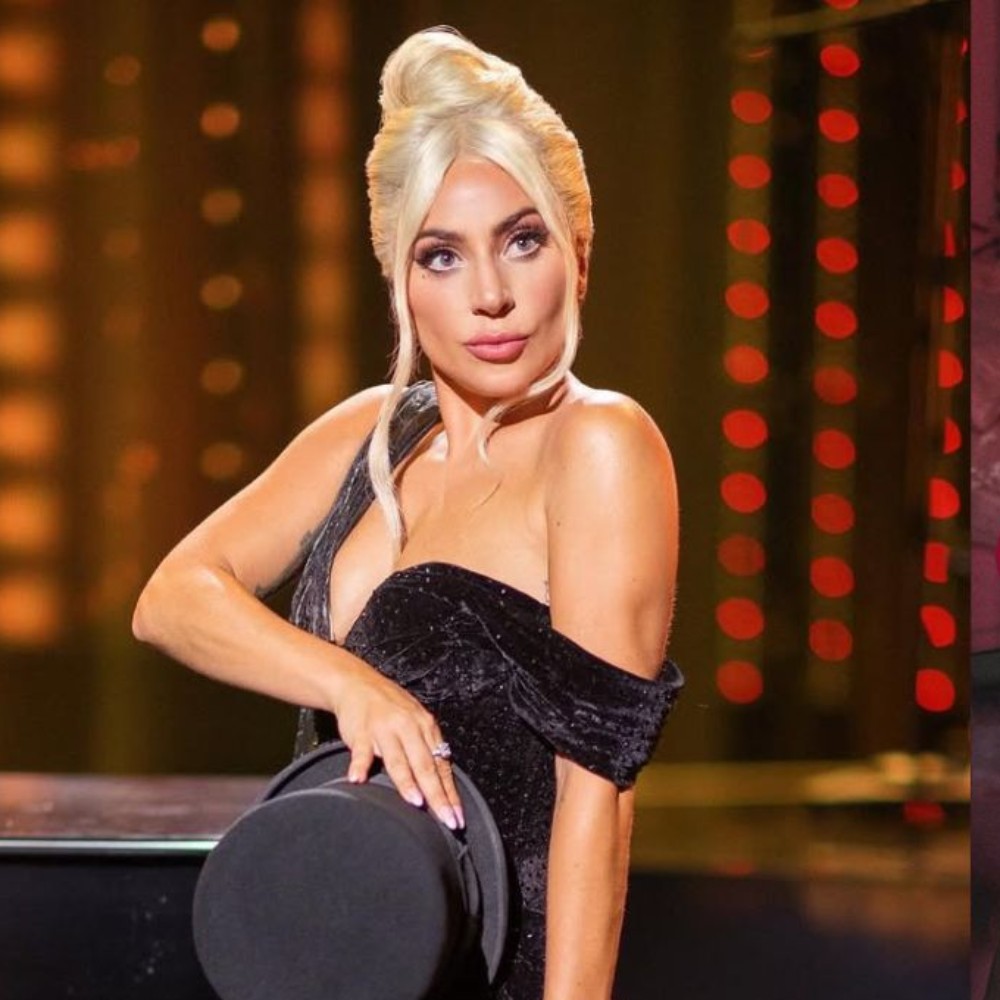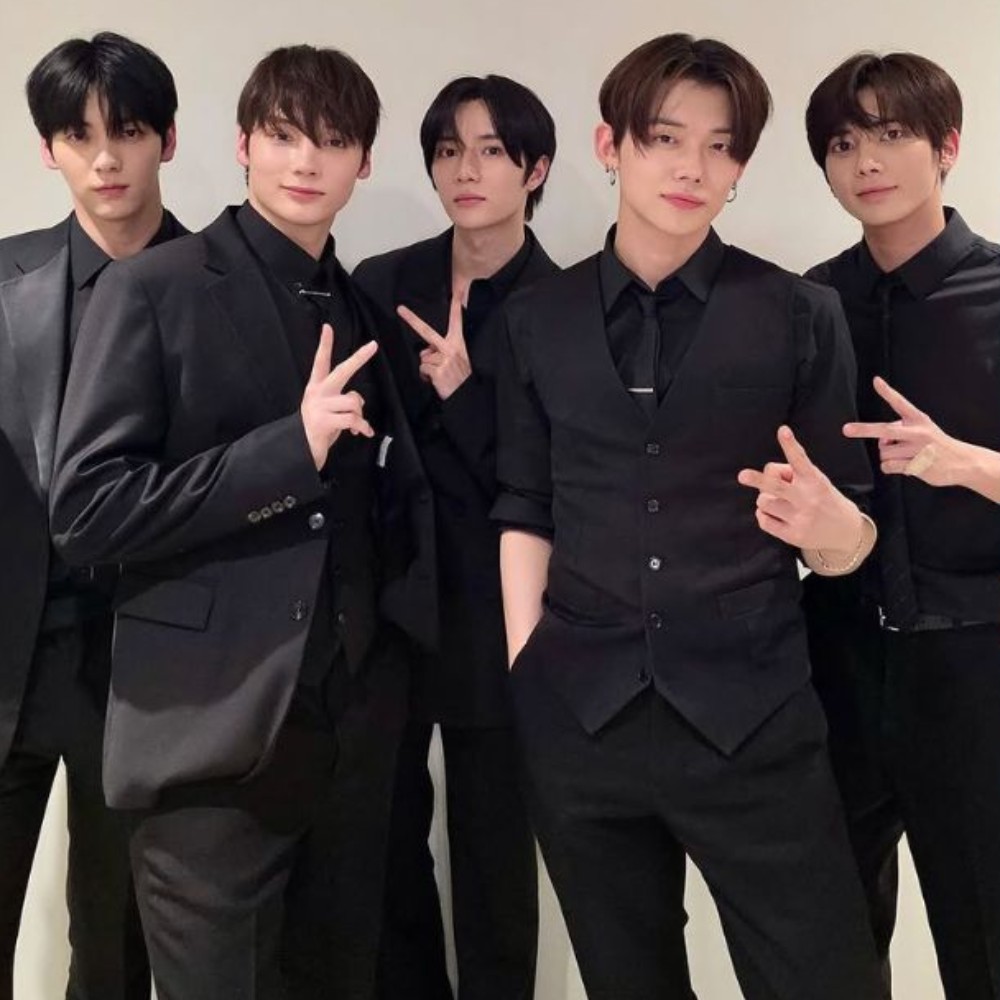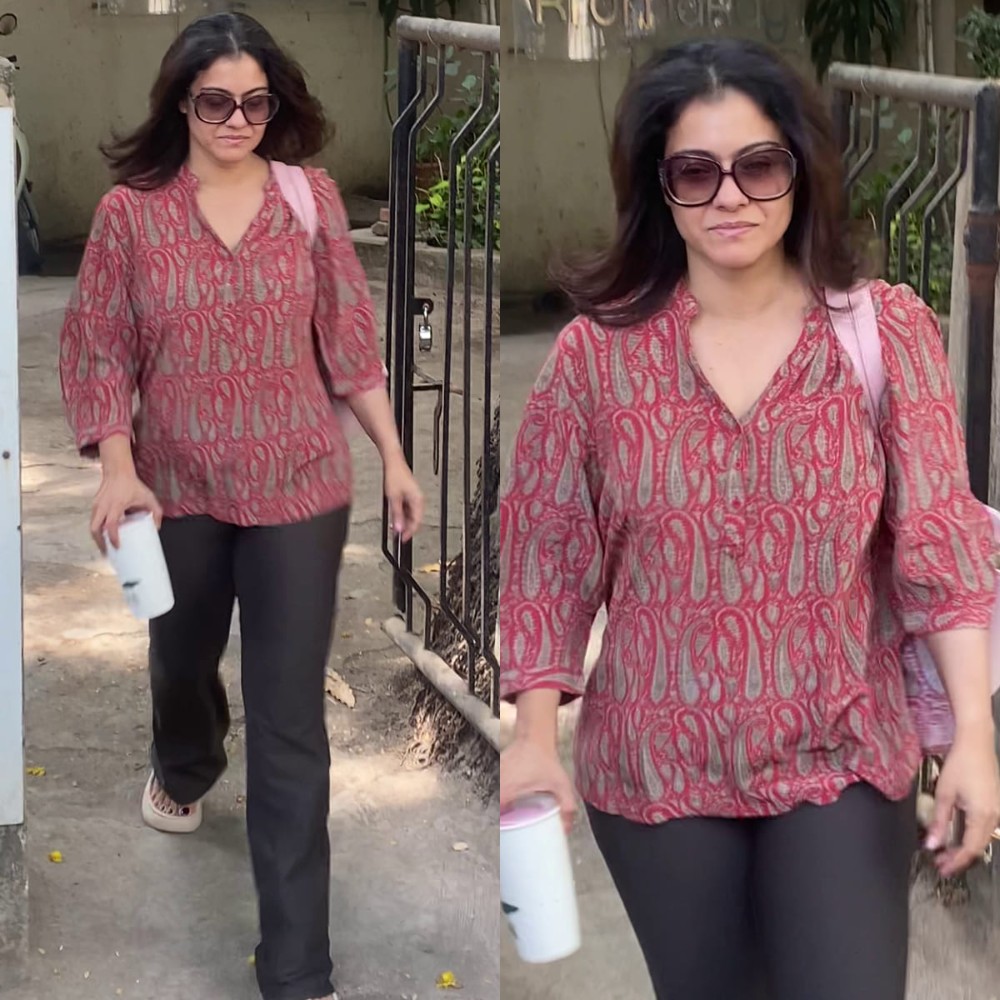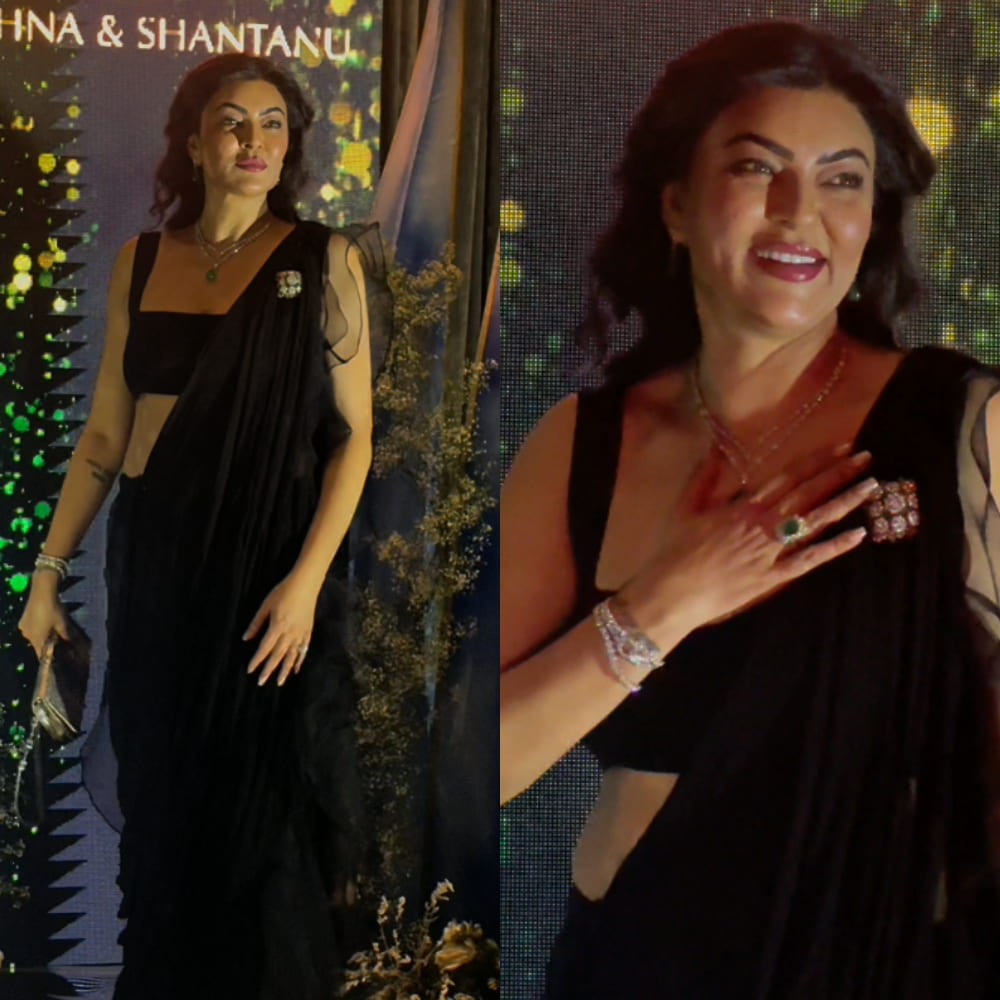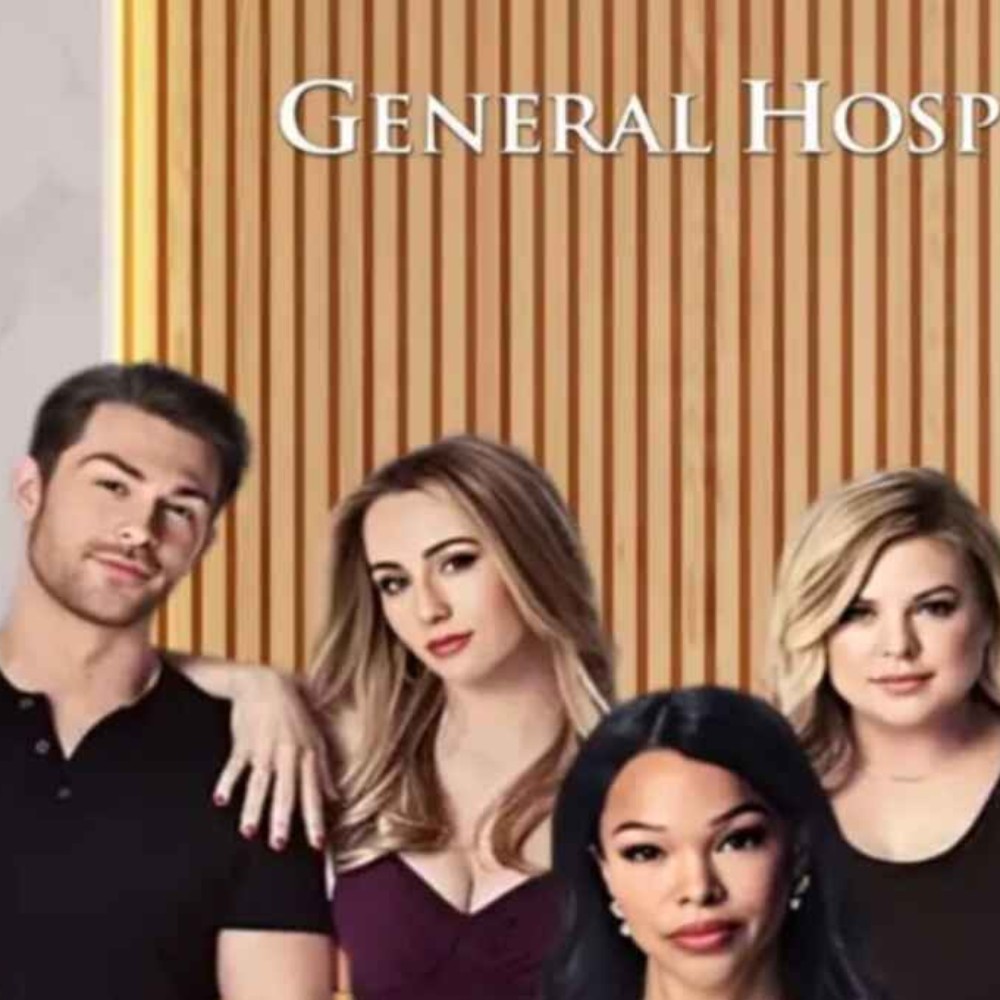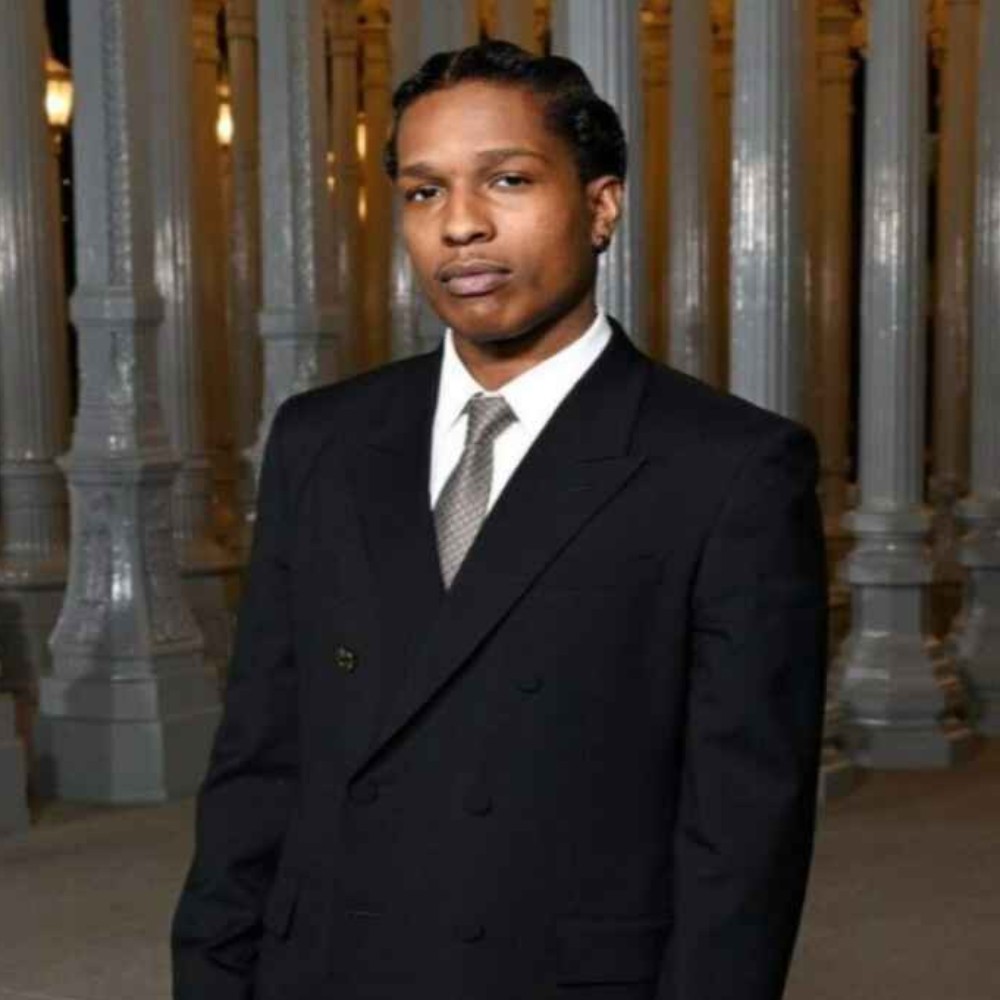Apple Cider Vinegar Reveals How Belle Gibson Fooled the World with a Fake Cancer Story
Netflix’s Apple Cider Vinegar tells the true story of Belle Gibson, a wellness influencer who gained fame by claiming she cured her fake brain cancer with healthy eating and alternative medicine.
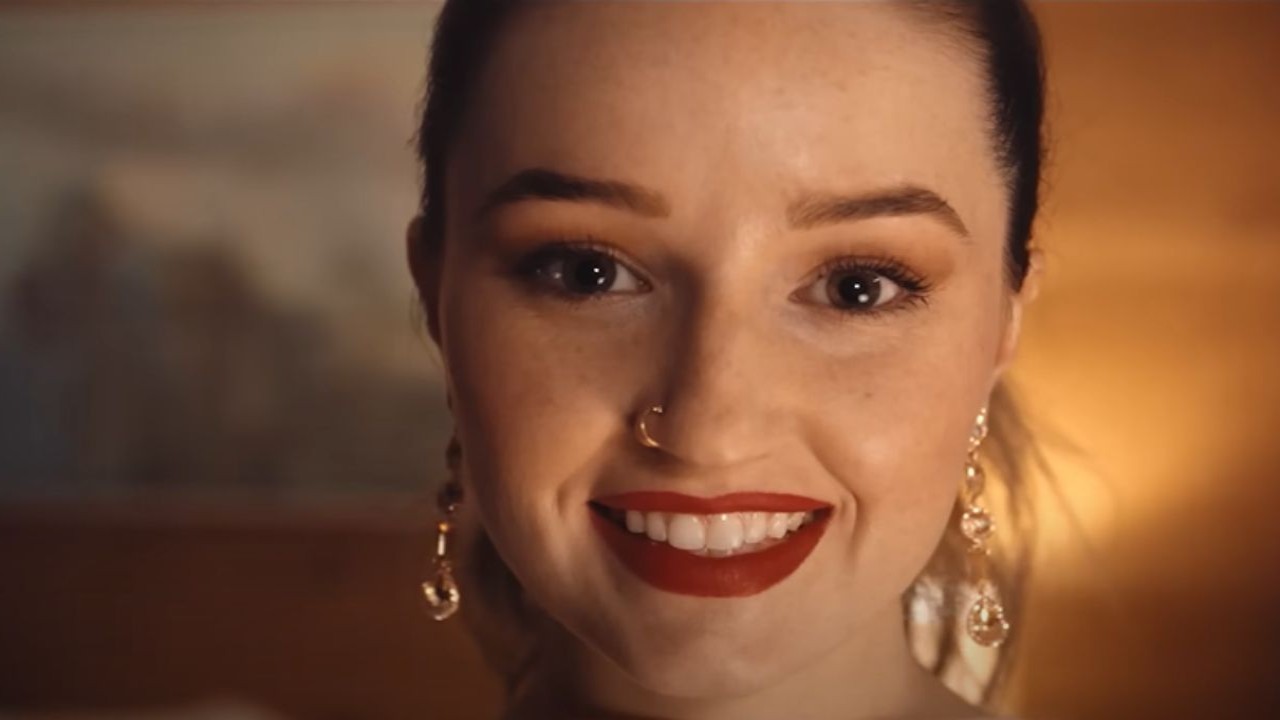
Belle Gibson became one of Instagram’s most popular wellness influencers in the early 2010s. She claimed to have cured her malignant brain cancer through a healthy diet and alternative medicine.
According to Gibson, doctors had given her only four months to live in 2009, but she rejected chemotherapy and chose natural remedies instead.
Her story attracted thousands of followers, leading to a successful wellness app, a book deal with Penguin, and a partnership with Apple. However, it was later revealed that Belle Gibson never had cancer, and many of her claims were fabricated.
Investigative journalists Nick Toscano and Beau Donelly exposed Gibson’s fraud in 2015 through reports in The Age and The Sydney Morning Herald.
She had not only lied about her illness but also about her age and charitable donations. Many charities she claimed to support had not received any money until reporters started asking questions.
Her reputation quickly collapsed, and she became known as a major scammer in Australia. She even gave a disastrous interview on 60 Minutes, where she struggled to answer basic questions about her story.
Netflix’s new series Apple Cider Vinegar, created by Samantha Strauss, tells the story of Gibson’s deception. Kaitlyn Dever plays Belle, portraying her as a lonely but manipulative woman.
The show also follows Milla Blake (played by Alycia Debnam-Carey), an influencer promoting questionable health remedies, and Lucy (Tilda Cobham-Hervey), a cancer patient who turns to alternative treatments.
Strauss explains the appeal of such wellness trends, saying, “The allure is so powerful because it seems kinder, easier, prettier.”
She adds, “We didn’t want to just say medicine is good and wellness is bad, because there are beautiful things like community that people don’t find necessarily in hospitals.”
The series highlights the dangers of misinformation in the wellness industry. It does not excuse Gibson’s actions but explores how social media fuels such scams.
“I think probably never feeling enough and wanting to prove people wrong is at the very core of her,” says Strauss. The show also examines the recklessness of the wellness industry and publishers who promoted Gibson without verifying her claims.
A disclaimer states that Gibson was not paid for the series, addressing concerns that she might profit from the renewed attention.
Apple Cider Vinegar adds to the growing trend of scammer stories like The Dropout and Inventing Anna, showing how social media can spread misinformation and exploit people’s trust.
ALSO READ: Severance Season 2 Episode 4 Ending Explained: 3 Shocking Revelations About Kier Eagan





 JOIN OUR WHATSAPP CHANNEL
JOIN OUR WHATSAPP CHANNEL





